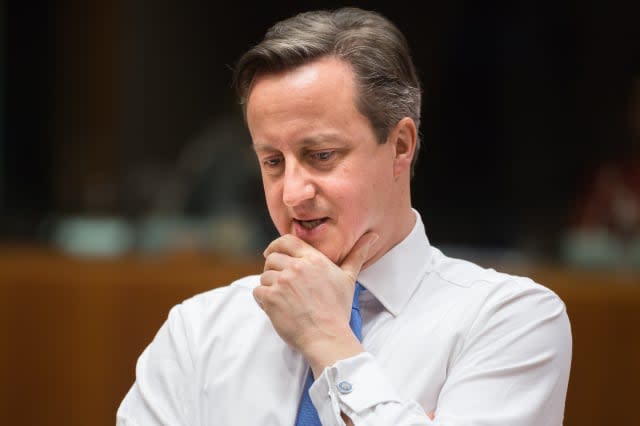Tax pledge for low-paid workers

In future, people working 30 hours a week on the minimum wage won't have to pay any income tax, the government has announced - even when the minimum wage rises.
At the moment, anybody working for 48 weeks a year on the minimum wage earns £9,360, and remains below the income tax threshold - currently £10,600.
However, the minimum wage is due to go up by 3% in October, and chancellor George Osborne has said it will reach £8 by 2020. The new pledge by the government, introduced in yesterday's Queen's Speech, means that people earning at this level won't be pulled into paying income tax.
The increases are also expected to feed through to the higher rate tax threshold, which could also rise faster than inflation, benefiting workers who currently earn more than £42,385 a year.
"As part of our long-term plan to back working people and make work pay, the government is determined to reward work by letting people keep even more of the money they earn. The government has already committed to raising the income tax personal allowance to £12,500 by 2020," said David Cameron ahead of the speech.
"Today the government is going further in its actions to offer more security to working people by confirming that legislation will be brought forward to ensure that future increases to the income tax personal allowance reflect changes to the national minimum wage".
He added: "This will mean that people working 30 hours a week on the minimum wage will not pay any income tax."
However, Martin Hodgson, PwC's head of tax in the north, says the announcement may be more style than substance.
"The alignment of the personal allowance and the minimum wage will protect people on the lowest incomes who won't see their allowance eroded by inflation. Higher rate tax payers will also be protected from fiscal drag," he says.
"However, the benefit won't be felt for some time, given the personal allowance has already risen substantially over the last parliament - which also makes the measure is a very cost effective crowd pleaser, at least for the time being."
The government is also planning bring forward legislation for a five-year tax lock that means there will be no income tax, VAT or national insurance increases during the present parliament.
But, says Hodgson, "If the government needs to raise taxes, there are many others to pick from. Arguably the lock means the government has less flexibility on where tax revenues could come from, with the burden more thinly spread."

Read more on AOL Money:
Will you pay less tax under a Tory government?
Osborne readies £400m tax raid on expats
Brits to get £7bn income tax cut




